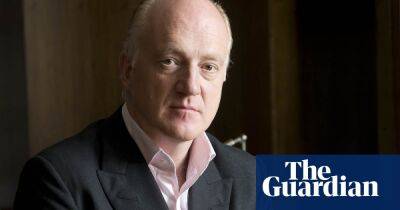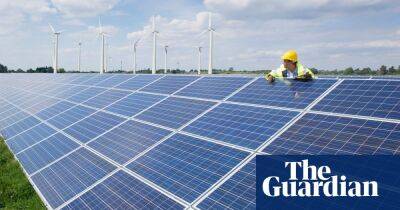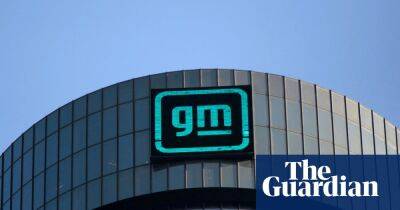TechScape: Apple plays it safe with the iPhone 14 – thanks to crash detection
Once, the launch of a new iPhone was a fulcrum around which my work calendar pivoted. A launch like that of the iPhone 14 last week would dictate the shape of the week, and not just because at least one member of the tech team had to be in San Francisco to cover it.
Even at the peak of its importance, it was a delicate dance. Each new iteration of the bestselling smartphone in the world is clearly an important event in the sector. New features and capabilities announced by Steve Jobs and, later, Tim Cook, can make or break billion-dollar industries overnight.
At the same time, the event is an advert: an hours-long, lavishly produced advert intended to incept a desire to acquire. That became particularly true in recent years: Apple has increasingly focused less on the press conference aspect of the event in favour of producing it as a direct-to-consumer livestream, a trend that reached its culmination with the Covid-induced cancellation of the live event. The slick prerecorded videos that resulted communicate less information than ever before but seem to be no less effective at selling phones.
As a result, the Guardian’s focus on the event has waned in concert with our readers’. In part, we just can’t compete: liveblogs used to be the only way for news junkies to learn what was happening on stage. Now, the best service we can provide is condensing the 90-minute event into a few hundred words for people who care a bit but not enough to watch the whole shebang.
If that’s you, don’t worry. You didn’t miss much.
Phones are a mature product with fewer and fewer opportunities for unexpected breakthroughs. It’s been five years since the Guardian’s consumer technology editor Samuel Gibbs wrote that “smartphones are boring now”, and
Read more on theguardian.com






















